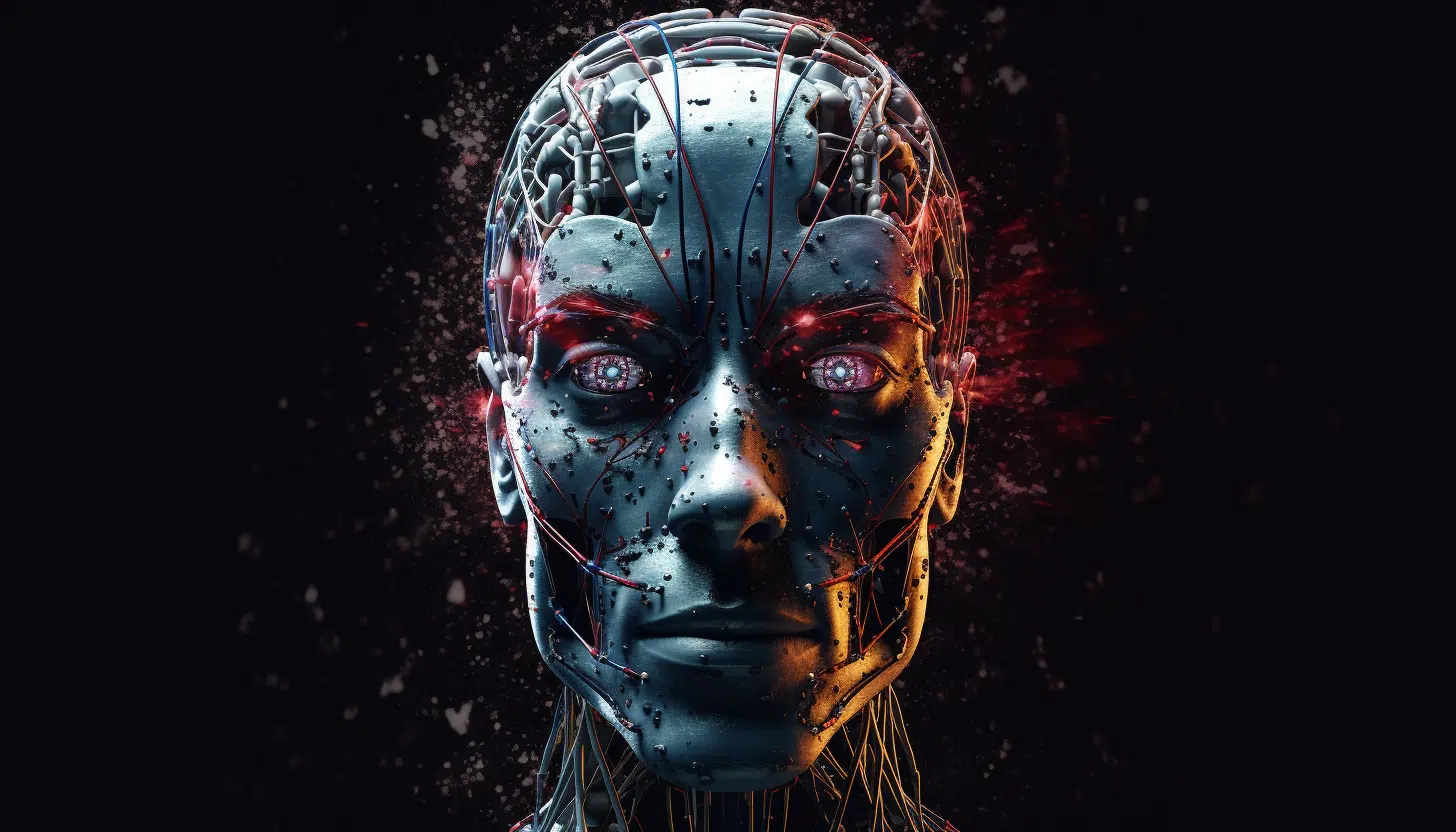
Anticipating tomorrow's threats: AI, evolving vulnerabilities, and the 'new normal'
Modern cybersecurity leaders are expected to balance an almost comical number of responsibilities. Threat intelligence, vulnerability management, asset tracking, identity management, budgeting, third-party risk -- and that’s just what the company is willing to put in the job description.
To be a cybersecurity expert is to spend your entire career deepening your well of knowledge in one or a few domains. To be a cybersecurity leader, on the other hand, is to spend your career attempting to drink an ocean through a straw. What makes this moment in cybersecurity so interesting is that generative artificial intelligence (AI) brought a fundamental change to both the ocean and the straw.

How the rush to regulate AI could bring new cyber security challenges
Since the arrival of generative AI, its potential to increase challenges associated with privacy and cyber security has become a major concern. As a result, government bodies and industry experts are hotly debating how to regulate the AI industry.
So, where are we heading and how is the crossover between AI and cyber security likely to play out? Looking at the lessons learnt from previous efforts to regulate the cyber security market over the past few decades, achieving anything similar for AI is a daunting prospect. However, change is essential if we are to create a regulatory framework that guards against AI's negative potential without also blocking the positive uses that AI is already delivering.

Why AI is essential to securing software and data supply chains
Supply-chain vulnerabilities loom large on the cybersecurity landscape, with threats and attacks such as SolarWinds, 3CX, Log4Shell and now XZ Utils underscoring the potentially devastating impact of these security breaches. The latter examples of Open Source Software (OSS) attacks are a growing attack vector. In fact, nearly three-quarters (74 percent) of UK software supply chains have faced cyber attacks within the last twelve months.
Expect attacks on the open source software supply chain to accelerate, with attackers automating attacks in common open source software projects and package managers. Many CISOs and DevSecOps teams are unprepared to implement controls in their existing build systems to mitigate these threats. In 2024, DevSecOps teams will migrate away from shift-left security models in favor of “shifting down” by using AI to automate security out of the developers’ workflows.

Get 'Artificial Intelligence Programming with Python'(worth $24.00) for FREE
In Practical Artificial Intelligence Programming with Python: From Zero to Hero, veteran educator and photophysicist Dr. Perry Xiao delivers a thorough introduction to one of the most exciting areas of computer science in modern history.
The book demystifies artificial intelligence and teaches readers its fundamentals from scratch in simple and plain language and with illustrative code examples.

YouTube may deem AI-generated content to be a privacy violation
With AI-generated content now proliferating the internet, companies are scrabbling to put polices in place to handle such material on their platforms. Among them is YouTube, and the Google-owned video site has updated its privacy guidelines to better take into account artificial intelligence.
It is now possible for anyone to issue a request to YouTube to remove content if it simulates their face or voice. This is separate to the way in which deepfakes are handled, and it is interesting to see such AI-generated content being seen as a potential violation of an individual's privacy.

Understanding data bias when using AI or ML models
Artificial Intelligence (AI) and Machine Learning (ML) are more than just trending topics, they’ve been influencing our daily interactions for many years now. AI is already deeply embedded in our digital lives and these technologies are not about creating a futuristic world but enhancing our current one. When wielded correctly AI makes businesses more efficient, drives better decision making and creates more personalized customer experiences.
At the core of any AI system is data. This data trains AI, helping to make more informed decisions. However, as the saying goes, "garbage in, garbage out", which is a good reminder of the implications of biased data in general, and why it is important to recognize this from an AI and ML perspective.

The real impact of AI on ransomware
Artificial intelligence is the biggest topic of 2024. While some are already tired of seeing AI constantly in the headlines, it will only become more prevalent. Keeping up with how it changes business practices is then critical. AI is undeniably disrupting most digital industries, including cybercrime.
As a result, it is important to cut through the hype and get to the facts about AI. A lot has been said about AI's potential impact on the global ransomware threat, but what is the real impact?

7 steps for managing data in the AI era
AI will generate 10 percent of all new data in 2025, according to Gartner. This statistic has significant ramifications for business leaders in the digital age.
First, it hints at another substantial development: Overall data generation will skyrocket alongside advanced AI and machine learning (ML) tools. Statista predicts that humans will create, process and consume 180 zettabytes of data in 2025, up nearly 300 percent since 2020. This prediction foreshadows worsening data sprawl, a problem wherein organizations have more data than they can process or understand.

Addressing workers' concerns about AI
Artificial intelligence (AI) and machine learning (ML) solutions are being adopted across every industry today. Quite often, these initiatives involve deploying ML models into operational settings where the model output ends up being a widget on the screens or a number on the reports that are put in front of hundreds, if not thousands, of front-line employees. These could be underwriters, loan officers, fraud investigators, nurses, teachers, claims adjusters, or attorneys. No industry is immune to these transformations.
These initiatives are typically driven from the top down. Management monitors and looks for ways to improve KPIs, and increasingly, AI/ML initiatives are identified as a means to this end. Certainly, there’s plenty of communication among executive, finance, data science, and operational leaders about these initiatives. Unfortunately, in many of the organizations I’ve worked with, the group of folks who are most commonly left out of the discussion are the front-line employees.
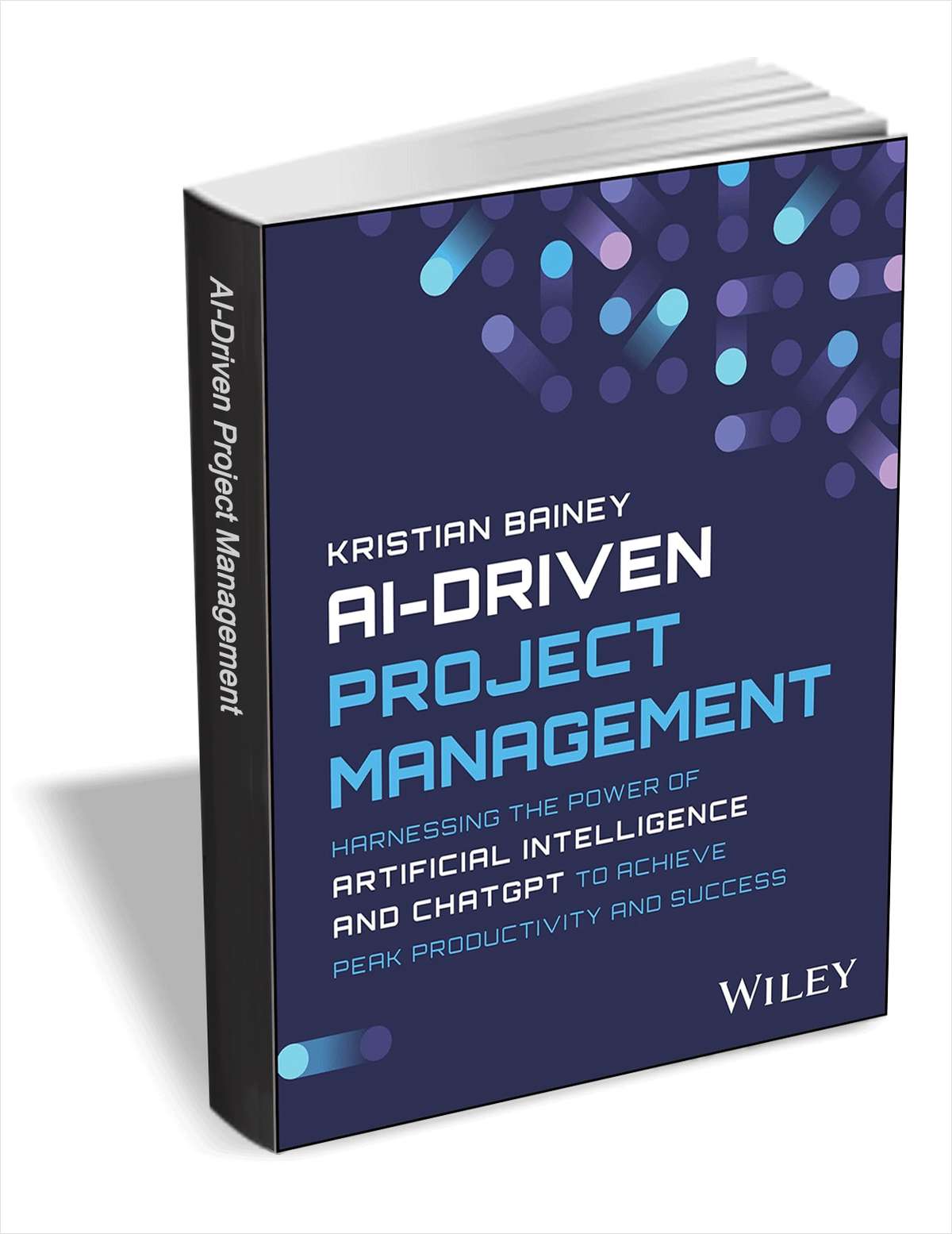
Get 'AI-Driven Project Management' (worth $48) for FREE and harness the power of AI and ChatGPT
In AI-Driven Project Management: Harnessing the Power of Artificial Intelligence and ChatGPT to Achieve Peak Productivity and Success, veteran IT and project management advisor Kristian Bainey delivers an insightful collection of strategies for automating the administration and management of projects.
In the book, the author focuses on four key areas where project leaders can achieve improved results with AI's data-centric capabilities: minimizing surprises, minimizing bias, increasing standards, and accelerating decision making.
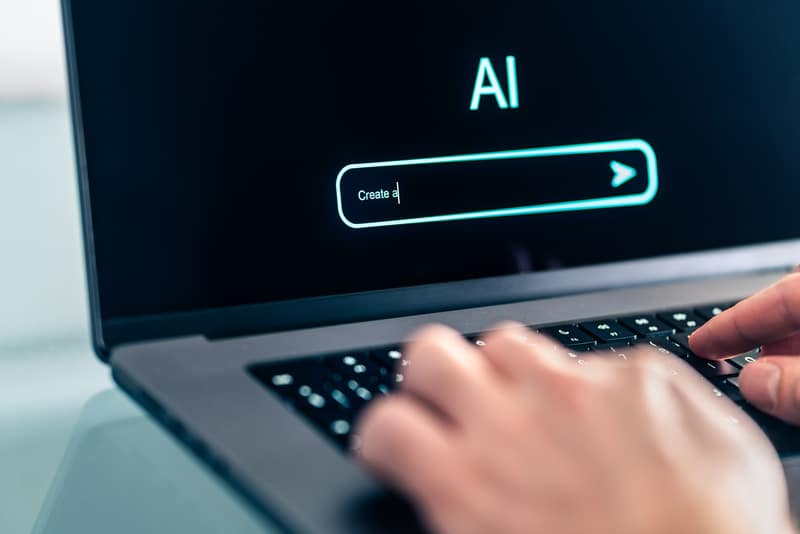
The prompt plays a critical role in crafting emails with LLMs
In the realm of digital communication, crafting the perfect email is both an art and a science, especially when the goal is to convert that email into a meeting or a tangible outcome. With the advent of Large Language Models (LLMs) like GPT (Generative Pre-trained Transformer), the stakes have been raised, offering unprecedented opportunities for personalization, efficiency, and effectiveness in email outreach. At the heart of this revolution lies a seemingly simple yet profoundly impactful element: the prompt.
A prompt, in the context of LLMs, is more than just a starting point for generating text; it's the steering wheel that guides the AI in a specific direction, ensuring that the output aligns with the sender's intentions, tone, and objectives. The importance of prompts becomes even more pronounced when considering the goal of converting an email into a meeting -- a task that requires precision, personalization, and persuasion. Prompts provide:

Microsoft launches Windows 11 24H2 for Copilot+ PCs, creating a confused multi-tier system of Windows users
With the official launch of Copilot+ PCs, Microsoft has also unleashed Windows 11 24H2. This most recent update to Windows 11 has been a long time in the works, and there have been numerous preview builds available.
What is interesting is the way in which this launch is taking place. Copilot+ PC are now available with Windows 11 24H2 pre-installed, and it is also available to Insiders. The fact that systems have this version of the operating system installed means that development is complete (well, as complete as such work ever is), but the launch is dividing the Windows userbase into haves and have-nots -- in more ways than one.
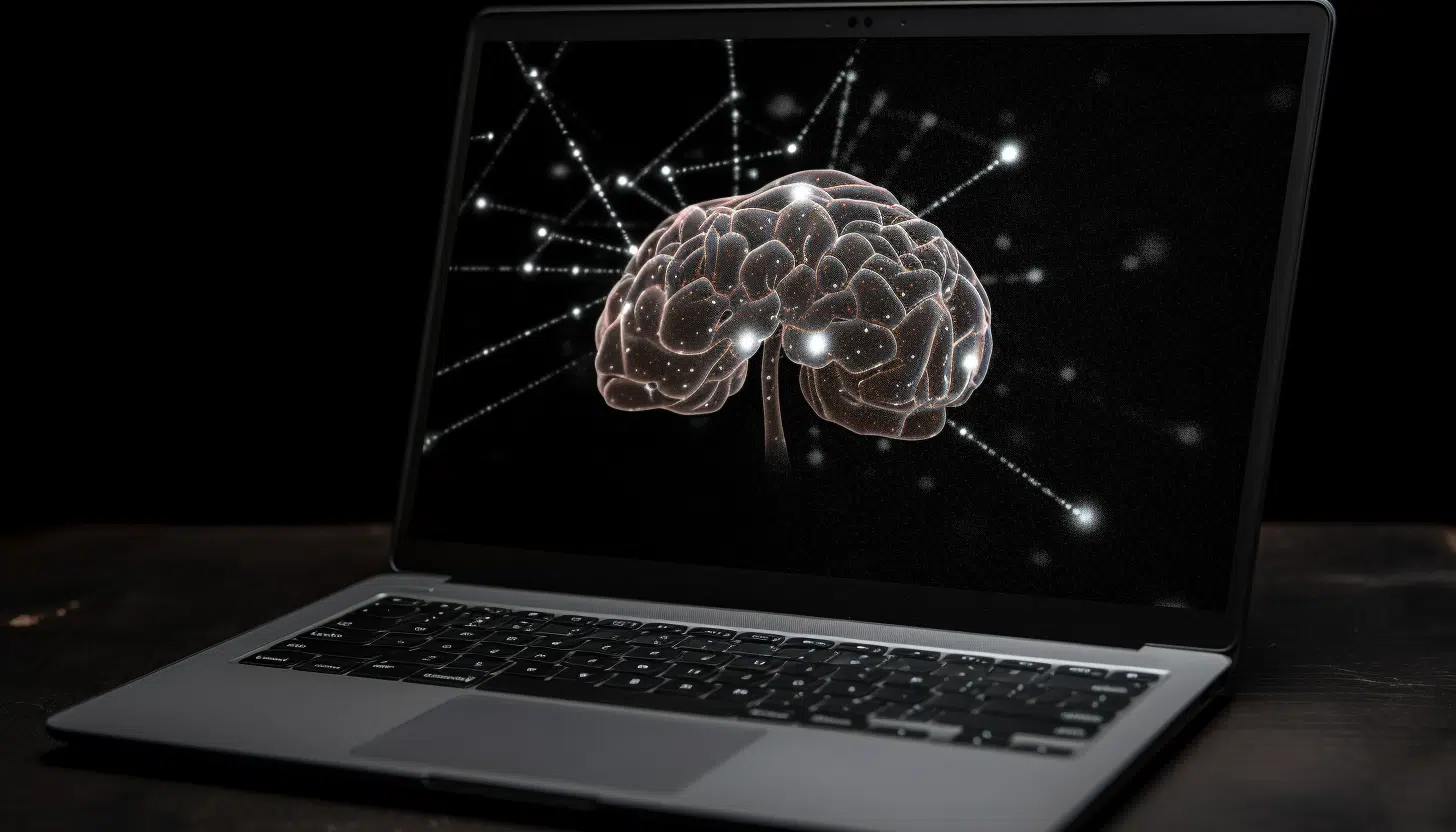
Securing AI copilots is critical -- here's how
The use of AI copilots is already helping businesses save time and gain productivity. One recent study found that employees who gain proficiency using copilots saved 30 minutes a day, the equivalent of 10 hours a month, while the average employee saved 14 minutes a day, or nearly five hours each month.
AI copilots essentially allow people to interact with business productivity tools for greater efficiency. You can ask these tools questions, synchronize data and perform automated actions in an easier and better way. In the survey referenced above, 70 percent of users reported greater productivity while 68 percent said it improved the quality of their work. However, while the business benefits are significant, these copilots can also introduce new security risks that organizations must be aware of -- and have a plan for.

Boost your AI skills with 'Writing AI Prompts For Dummies' (worth $15) -- free for BetaNews readers
Learn the art of writing effective AI prompts and break into an exciting new career field.
Writing AI Prompts For Dummies, is a comprehensive guide that will teach you how to confidently write effective AI prompts so you can unlock the full power of generative AI. Whether it's text, images, or even videos and music you're aiming to create, this book provides the foundational knowledge and practical strategies needed to produce impressive results.
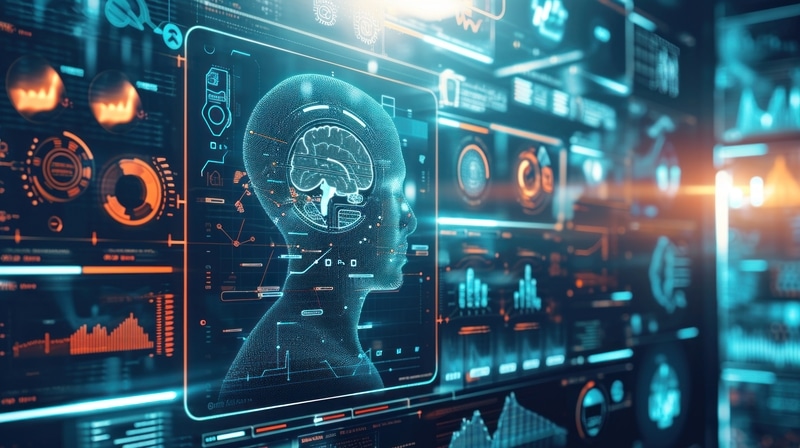
Understanding the risks of integrating GenAI in GRC programs: A framework for compliance teams
NIST's recent AI Risk proposal, AI RMF Generative AI Profile, aims to assist organizations in comprehending AI risks internally and from third-party vendors. While GenAI adoption is on the rise across various sectors, compliance managers are more cautious about incorporating AI into their compliance programs. Despite all the hype about AI, a survey conducted by The Wall Street Journal among approximately 300 compliance professionals revealed that only one-third currently incorporate GenAI within their compliance programs.
Collaborative efforts between entities like NIST and prominent organizations including OpenAI and Microsoft are underway to expedite the development of standards and recommendations for the responsible deployment of AI. Amidst grappling with the implementation of GenAI, it becomes imperative to understand how third parties are integrating this technology to better evaluate corporate risk, consequently enhancing regulatory and compliance reporting.
